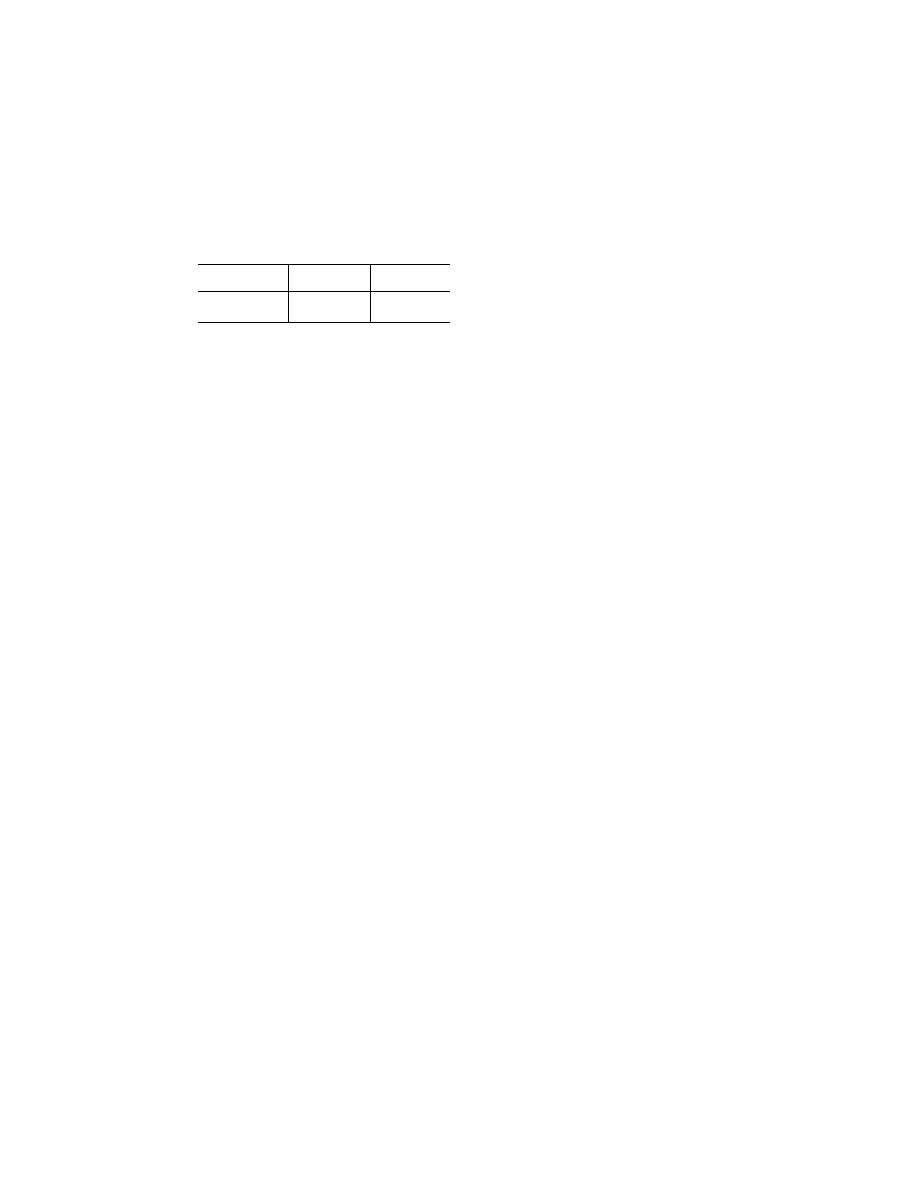
731
Federal Aviation Administration, DOT
§ 91.157
Airspace Flight
visibility
Distance from
clouds
.............................
1 statute mile hor-
izontal.
(b)
Class G Airspace.
Notwithstanding
the provisions of paragraph (a) of this
section, the following operations may
be conducted in Class G airspace below
1,200 feet above the surface:
(1)
Helicopter.
A helicopter may be op-
erated clear of clouds in an airport
traffic pattern within
1
⁄
2
mile of the
runway or helipad of intended landing
if the flight visibility is not less than
1
⁄
2
statute mile.
(2)
Airplane, powered parachute, or
weight-shift-control aircraft.
If the visi-
bility is less than 3 statute miles but
not less than 1 statute mile during
night hours and you are operating in
an airport traffic pattern within
1
⁄
2
mile of the runway, you may operate
an airplane, powered parachute, or
weight-shift-control aircraft clear of
clouds.
(c) Except as provided in § 91.157, no
person may operate an aircraft beneath
the ceiling under VFR within the lat-
eral boundaries of controlled airspace
designated to the surface for an airport
when the ceiling is less than 1,000 feet.
(d) Except as provided in § 91.157 of
this part, no person may take off or
land an aircraft, or enter the traffic
pattern of an airport, under VFR, with-
in the lateral boundaries of the surface
areas of Class B, Class C, Class D, or
Class E airspace designated for an air-
port—
(1) Unless ground visibility at that
airport is at least 3 statute miles; or
(2) If ground visibility is not reported
at that airport, unless flight visibility
during landing or takeoff, or while op-
erating in the traffic pattern is at least
3 statute miles.
(e) For the purpose of this section, an
aircraft operating at the base altitude
of a Class E airspace area is considered
to be within the airspace directly
below that area.
[Doc. No. 24458, 56 FR 65660, Dec. 17, 1991, as
amended by Amdt. 91–235, 58 FR 51968, Oct. 5,
1993; Amdt. 91–282, 69 FR 44880, July 27, 2004;
Amdt. 91–330, 79 FR 9972, Feb. 21, 2014; Amdt.
91–330A, 79 FR 41125, July 15, 2014]
§ 91.157
Special VFR weather mini-
mums.
(a) Except as provided in appendix D,
section 3, of this part, special VFR op-
erations may be conducted under the
weather minimums and requirements
of this section, instead of those con-
tained in § 91.155, below 10,000 feet MSL
within the airspace contained by the
upward extension of the lateral bound-
aries of the controlled airspace des-
ignated to the surface for an airport.
(b) Special VFR operations may only
be conducted—
(1) With an ATC clearance;
(2) Clear of clouds;
(3) Except for helicopters, when flight
visibility is at least 1 statute mile; and
(4) Except for helicopters, between
sunrise and sunset (or in Alaska, when
the sun is 6 degrees or more below the
horizon) unless—
(i) The person being granted the ATC
clearance meets the applicable require-
ments for instrument flight under part
61 of this chapter; and
(ii) The aircraft is equipped as re-
quired in § 91.205(d).
(c) No person may take off or land an
aircraft (other than a helicopter) under
special VFR—
(1) Unless ground visibility is at least
1 statute mile; or
(2) If ground visibility is not re-
ported, unless flight visibility is at
least 1 statute mile. For the purposes
of this paragraph, the term flight visi-
bility includes the visibility from the
cockpit of an aircraft in takeoff posi-
tion if:
(i) The flight is conducted under this
part 91; and
(ii) The airport at which the aircraft
is located is a satellite airport that
does not have weather reporting capa-
bilities.
(d) The determination of visibility by
a pilot in accordance with paragraph
(c)(2) of this section is not an official
weather report or an official ground
visibility report.
[Amdt. 91–235, 58 FR 51968, Oct. 5, 1993, as
amended by Amdt. 91–247, 60 FR 66874, Dec.
27, 1995; Amdt. 91–262, 65 FR 16116, Mar. 24,
2000]
VerDate Sep<11>2014
16:30 Jun 25, 2019
Jkt 247047
PO 00000
Frm 00741
Fmt 8010
Sfmt 8010
Q:\14\14V2.TXT
PC31
kpayne on VMOFRWIN702 with $$_JOB